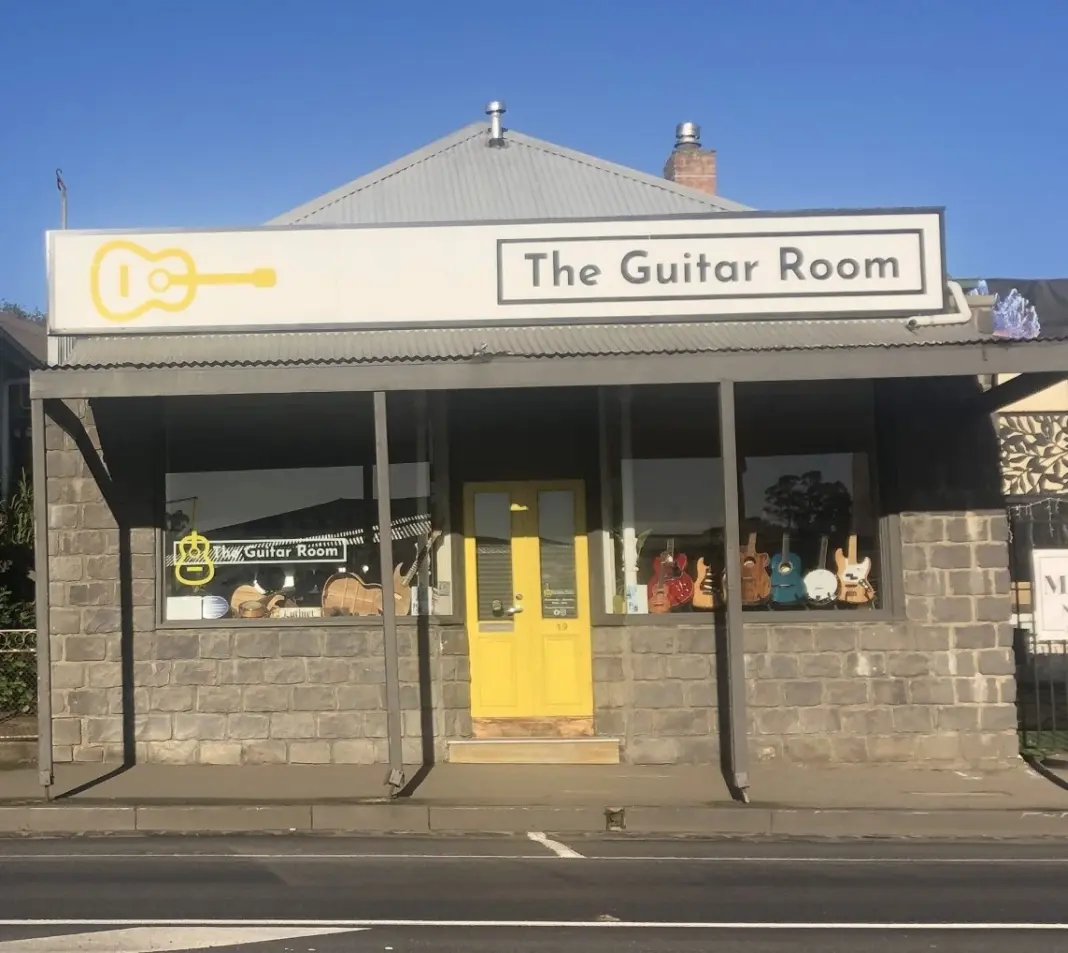A LOCAL Historical Society recently added new plaques to buildings of historical significance in Kilmore, Victoria’s oldest inland settled town dating back to 1841.
Kilmore has a rich history of early European settlement and already many of its buildings have a small blue oval plaque attached to their facades to recognise their historical importance, stimulate local history and become a point of interest for tourists and weekend historians.
The Kilmore Historical Society carefully curated its information for all to see.
The recently installed plaques are a second project led by the Kilmore Historical Society in partnership with Mitchell Shire Council with their cost generously funded by the Inland Rail Project.
19 Sydney Street — its plaque reads:
Former Kilmore Advertiser Office c1850
Built by Samuel Down, stonemason, who may have initially operated it as a restaurant. It was temporarily occupied by the Colonial Bank of Australasia in 1858.
Then it became a Butchers with Plumber and Wigg as occupants during the next decade.
Butchers, including Plummer and Wigg, were occupants during the 1860’s, followed by the Kilmore Guardian Newspaper 1870 to 1873.
The Kilmore Advertisers Office was located here from 1885 to 1934 until it taken over by the Free Press and relocated.
Later businesses included William Lingard’s bicycle shop, William McKenzie’s bicycle. watchmaker and gift shop 1936-c1953.
A committee member of the Kilmore Historical Society, Rose King said locating the plaque on the bluestone building proved difficult.
“We had a lot of trouble [fixing] with that one,” Ms King said.
“Because we couldn’t fix it to the building, because of the irregularity of the bluestone, so it is actually on a little stand in the window.”
Since 2020, former Assumption College history and philosophy teacher Rod McCracken operates a goods and services business for purchasing an acoustic or electric guitar and guitar lessons. The business is unique for Kilmore as its also a dedicated woodworking studio for people to build their own guitar or to have their pride and joy restored or repaired.
Mr McCracken’s own custom-made guitars are sold under a label inspired by The County of Dalhousie, which was proclaimed in 1849.


